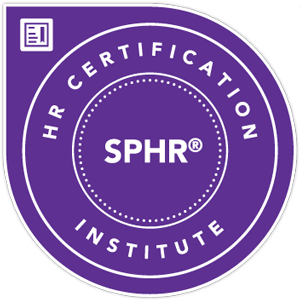No matter how much you love your job, you have probably experienced a version of the infamous Sunday Scaries. The feeling that Sunday doesn’t really belong to you and you start your countdown to Monday.
According to a LinkedIn survey, 80 percent of working professionals have reported experiencing the Sunday Scaries. Of those who reported feeling the onset of the Scaries, 1 in 3 admitted they have them every week. If you fit into one of these categories, here are some alternatives to sitting around and thinking about Monday lurking around the corner.
EXERCISE OVER THE WEEKEND
Do something that gets your heart rate going, makes you feel good, and leaves you feeling refreshed and accomplished. Exercise is known to produce feel-good hormones. Exercise has been proven to create new hippocampal neurons involved with memory, emotion regulation, and learning.
GO TO A MUSEUM
Feed your brain and soul. Sundays are a great day for an early trip to the museum. According to Attention Restoration Theory, your brain needs to shift mental gears in order to refocus its attention. A great way to do that is to physically remove yourself from your everyday routine.
If that’s not available, consider browsing some of the world’s most amazing museums online. Museums like New York’s Metropolitan Museum of Art showcase much of their collection online.
LEARN SOMETHING NEW
Learn something new—or at least start to learn. If you are wallowing in Sunday Scaries, you probably have some time to devote to a new craft. Maybe learn how to sew or start learning an entirely new language. Learning a new skill or a new language is a great way to give yourself purpose.
WAKE UP EARLY
Try getting up as early as you would on a Monday. Go out for a morning stroll, get a coffee, walk your dog, or go for a run. Sleeping in until 12 p.m. on a Sunday is almost guaranteed to start you off on the wrong foot. By waking earlier than others, you can take advantage of the quieter part of Sunday and still have a whole day to yourself.
TAKE A HIATUS FROM ALL SCREENS
Consider taking a break from all glowing screens this weekend. Instead, try something on paper. Try crossword puzzles or pick up a new book.
THINK ABOUT YOUR ACCOMPLISHMENTS
It’s always good to take note of what you have accomplished. What did you accomplish? Even if it’s something small like making it into work on time every day, note it. If you think of your accomplishments and you’re still unimpressed, consider how you can improve in the coming week.
DO MID-WEEK THINGS
Skip a night of television in bed and go out. Catch a new movie with a friend or get dinner with your significant other. Don’t put so much pressure on the weekend being the only leisure time you have. Get it going on a Tuesday.
CATCH UP WITH SOMEONE
Use the weekend to catch up with an old friend. Take an afternoon to laugh about college, to share stories from your life as it stands, and maybe even to get some advice from an old friend.
These are other ways the Sunday Scaries can be defeated besides just looking for a new job. It’s time to start to reclaim your weekend and to arrive Monday morning refreshed and ready to go.





